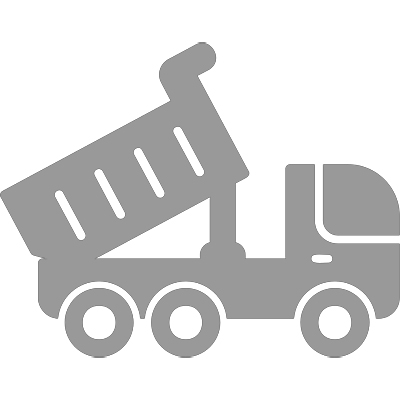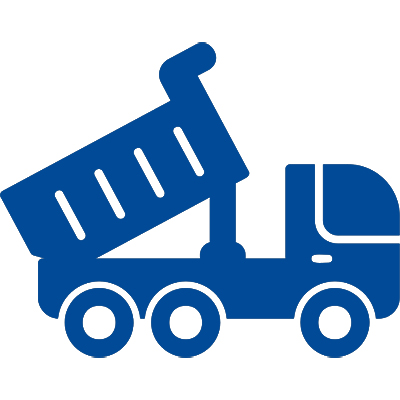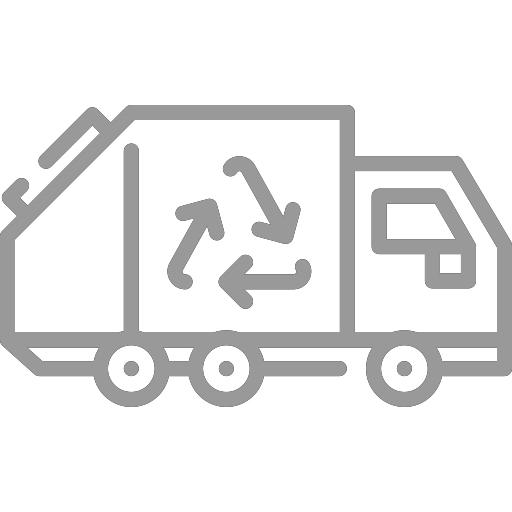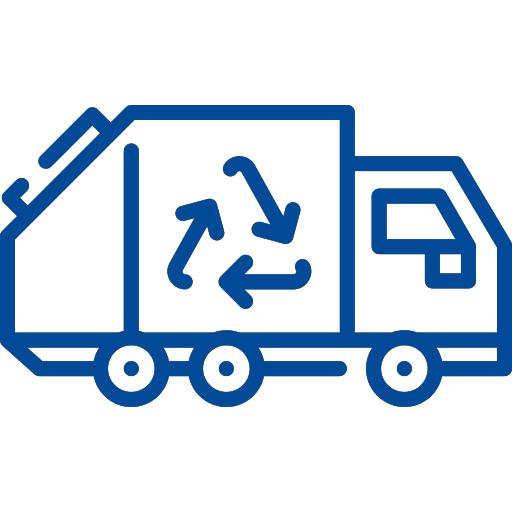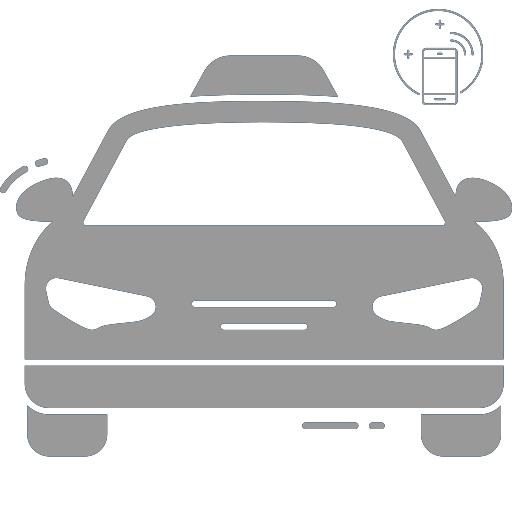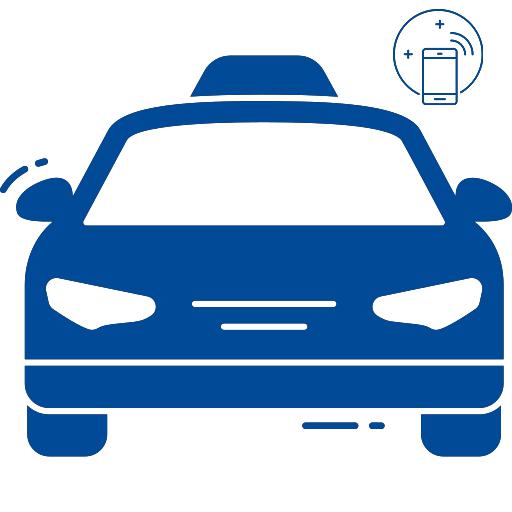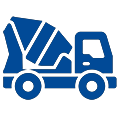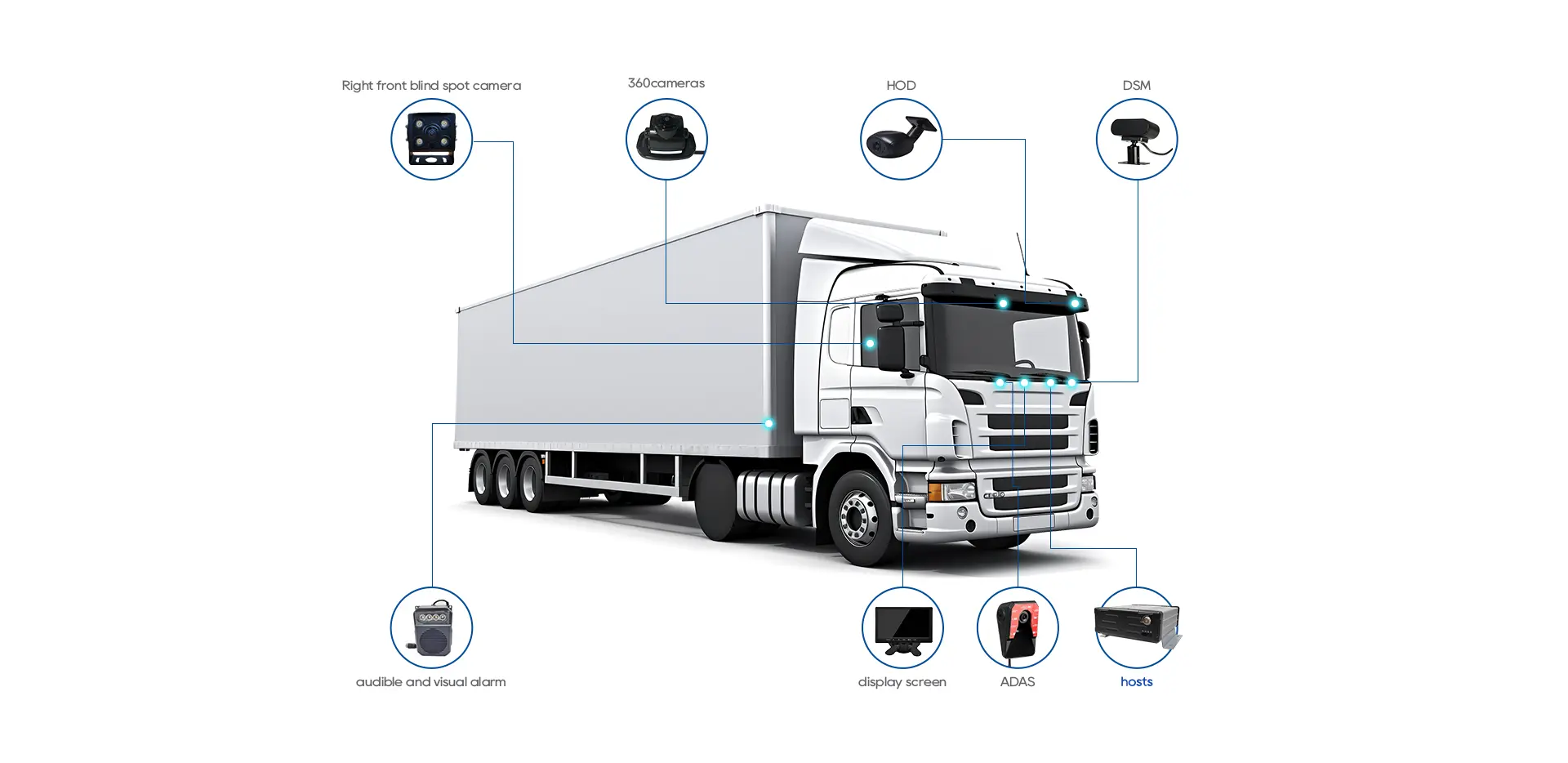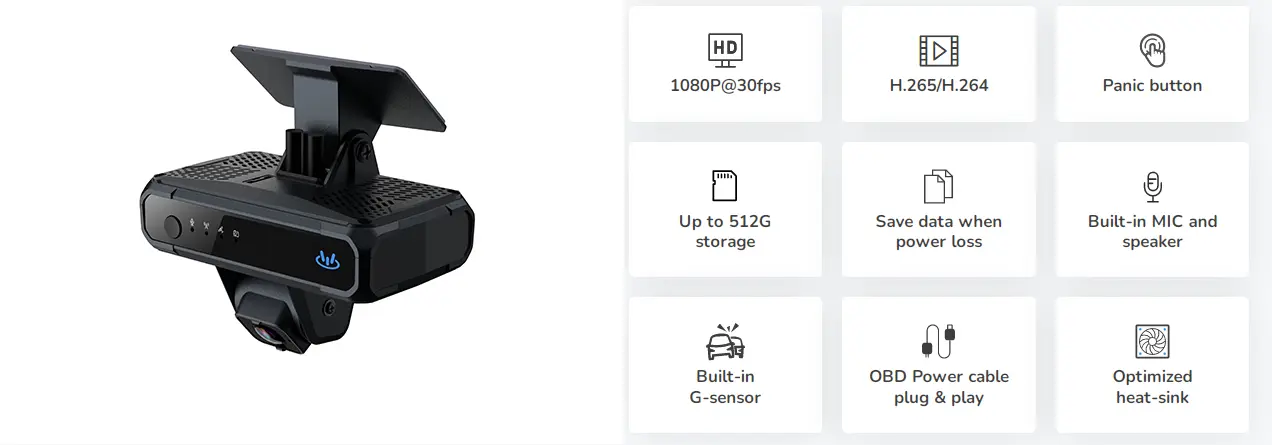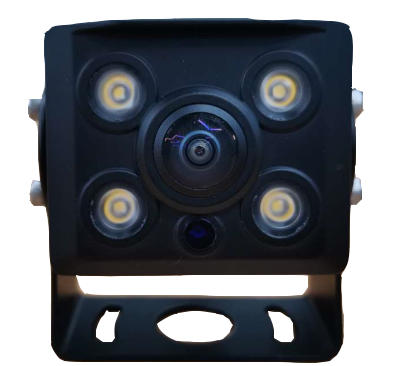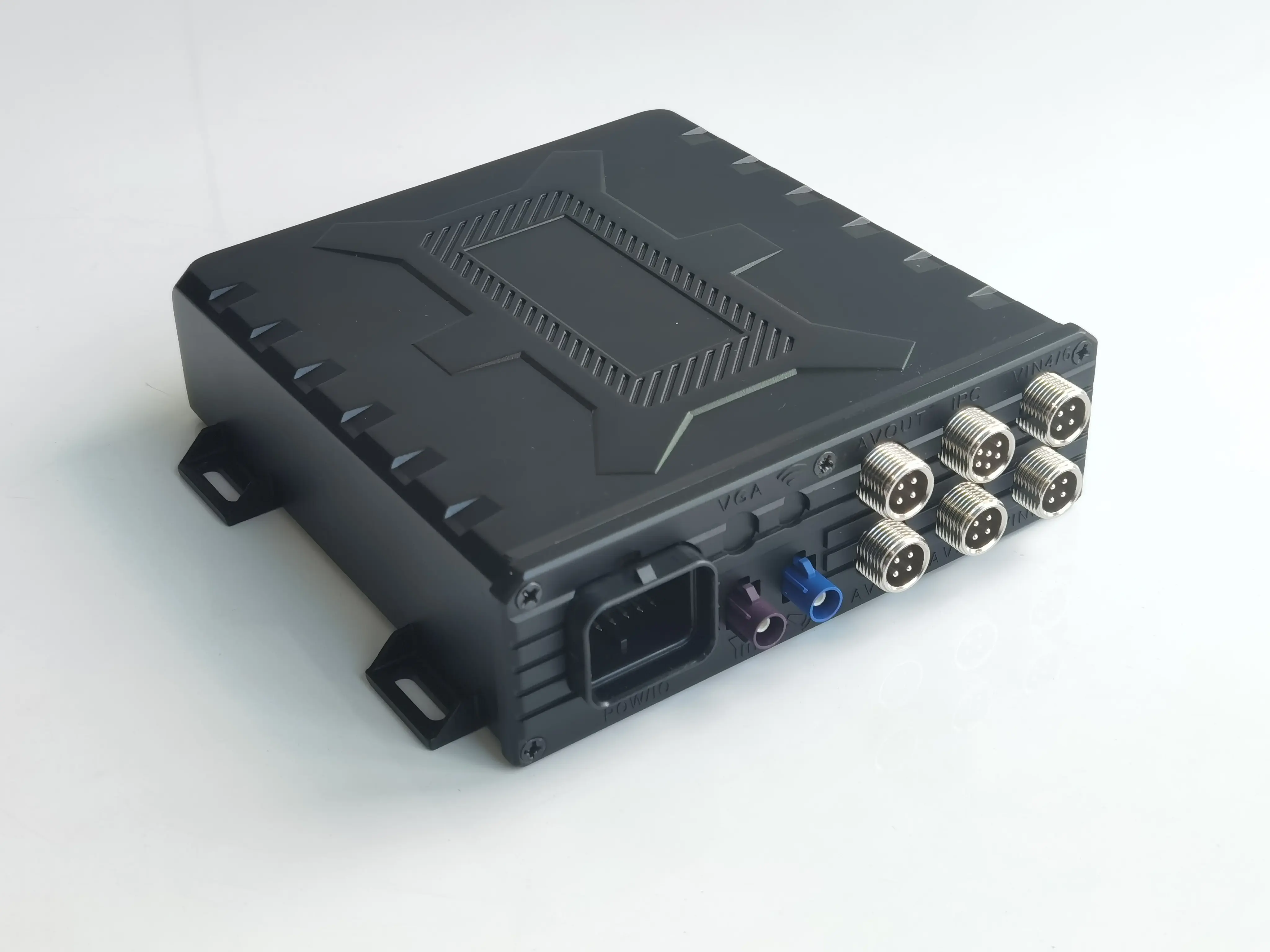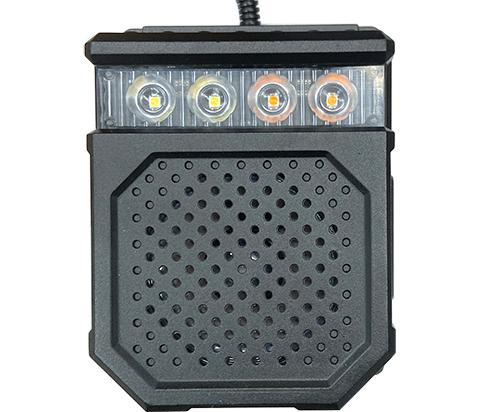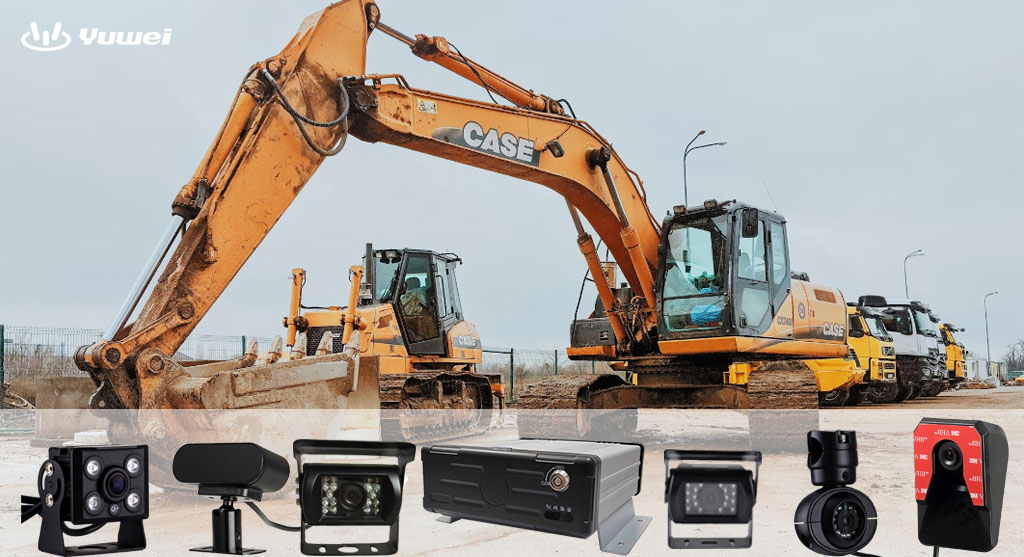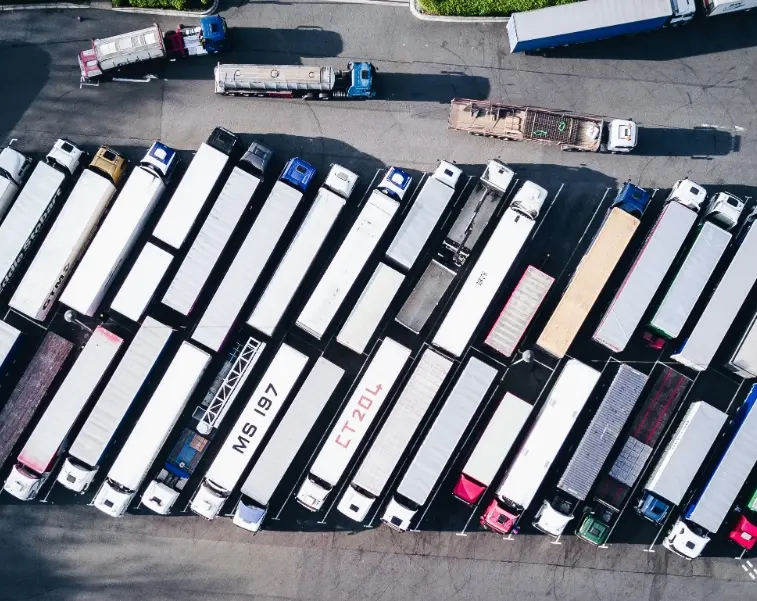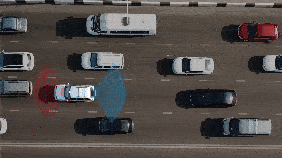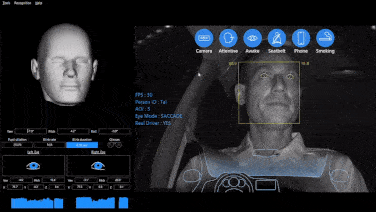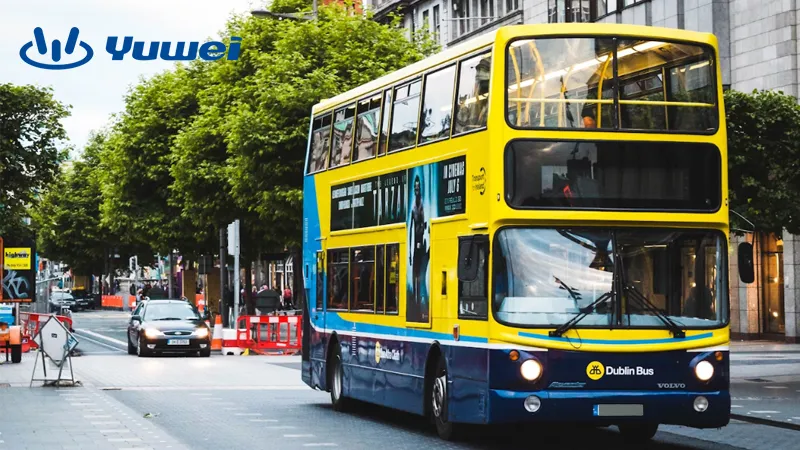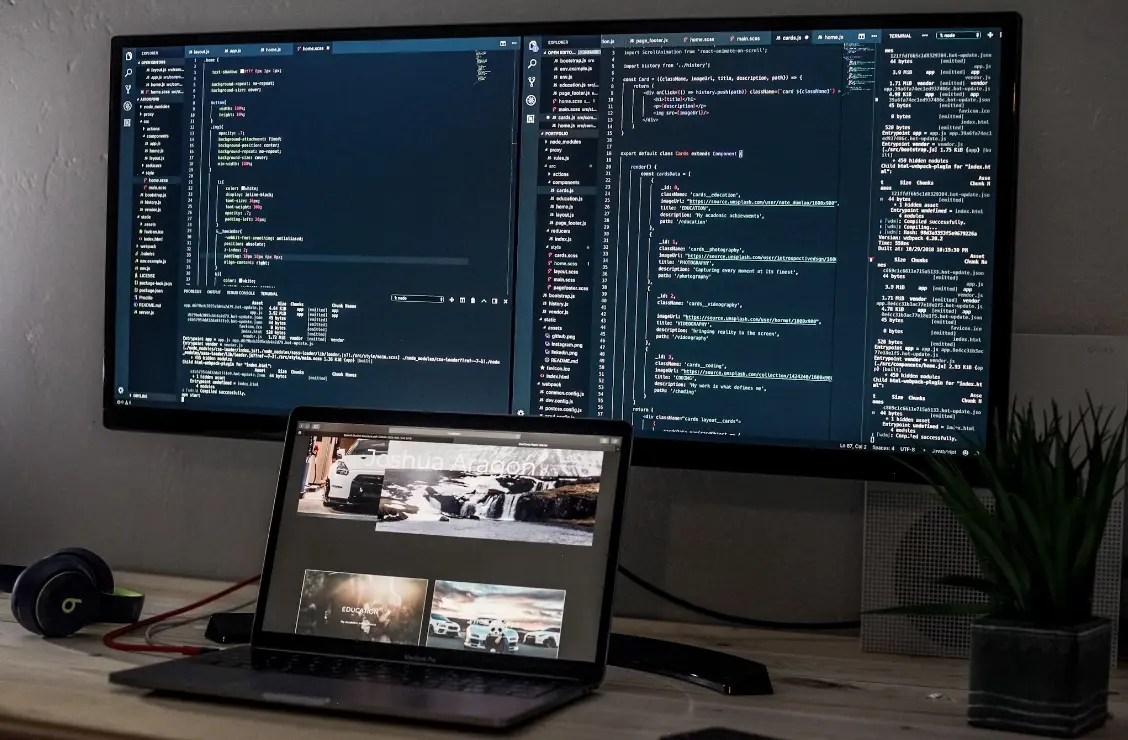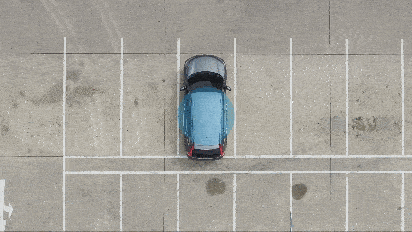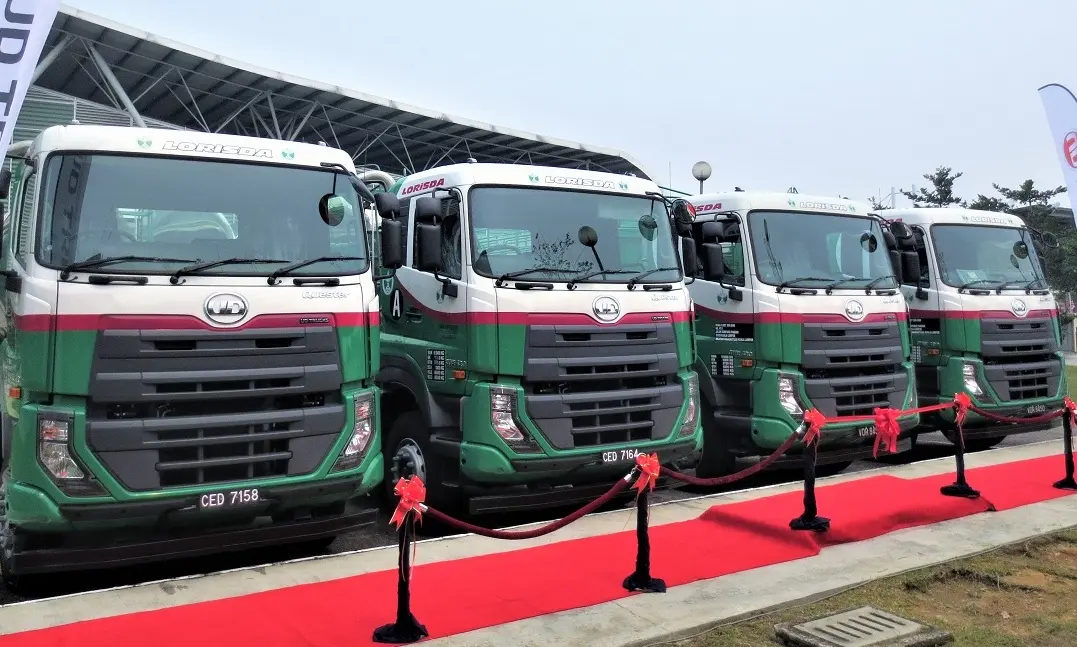Fleet Management System Indonesia
Indonesia Fleet Management System
As Southeast Asia’s logistics hub, Indonesia’s commercial vehicle fleets continue to expand. By 2025, the country’s freight truck fleet will exceed 3.5 million vehicles, delivering an average of 500,000 tons of cargo daily. However, low fuel efficiency increases per-trip transportation costs by 15%-20%.
In public transportation, only 5% of the 180,000 busesare electric, while daily passenger volumes in major cities like Jakarta exceed 5 million. In high-risk scenarios, annual accident losses for construction dump trucks reach $200 million, with 35% of fatalities caused by right-turn blind spots. The school bus market is growing at 12% annually, reaching 80,000 vehicles, but only 20% are equipped with real-time monitoring systems. Sanitation and engineering vehicles number over 150,000, yet garbage collection delays reach 30%, and theft of construction machinery is on the rise.

Challenges in Fleet Management in Indonesia
1. High Safety Risks
① Construction trucks:Right-turn blind spot fatalities account for 35%; driver fatigue detection exceeds 40%.
② School buses:Only 20%have real-time monitoring; overspeeding and sudden braking are common.
③ Engineering machinery:Theft incidents increase 18% annually; effective tracking is lacking.
④ Freight trucks:Blind spots remain a major safety concern.
2. Low Dispatch Efficiency
① Manual dispatch results in empty mileage over 35%; cold-chain transport temperature compliance is below 60%.
② Garbage collection delays reach 30%, with slow capacity allocation during peak periods.
③ Intercity logistics relies on paper documents, causing information delays of over 2 hours.
3. High Fuel and Maintenance Costs
① Inefficient route planning wastes 560 million liters of fuel annually; diesel price volatility increases costs.
② Delayed maintenance raises mechanical failure rates by 28%, causing time-sensitive delays.
③ Unplanned downtime results in over $2 million daily losses(Indonesian Chamber of Commerce).
Solution Directions
A fleet management platform integrating ADAS warnings(blind spot detection, fatigue intervention), intelligent dispatch algorithms(dynamic route optimization), and remote diagnostics(predictive maintenance) is needed to reduce accident rates, empty mileage, and maintenance expenses.
Advantages of Yuwei Fleet Management System
1. Real-Time GPS Tracking & Route Optimization
① Accurate positioning:Dual Beidou/GPS tracking monitors vehicle location, speed, and trajectory in real-time, helping dispatchers avoid congestion and reduce delivery times.
② Dynamic route adjustment:Supports multi-vehicle cluster monitoring, automatically identifies optimal routes, and pushes updates to onboard devices, reducing empty mileage.
Case Study:An Indonesian logistics company reduced fuel consumption by 18%after implementation.
2. Comprehensive Safety Alerts
ADAS Driving Assistance:
① Forward Collision Warning (FCW) and Lane Departure Warning (LDW) reduce human error.
② Blind Spot Detection (BSD) and Pedestrian Collision Warning (PCW) protect vulnerable road users.
Driver Behavior Monitoring:
DMS cameras detect fatigue (closed eyes, yawning), distraction (using a phone), and risky actions (smoking), with voice alerts for drivers.
3. Data-Driven Compliance Management
① Geofencing & Alerts:Vehicles are restricted from entering prohibited zones (e.g., school areas); violations trigger alarms and generate reports.
② Driver Scoring System:Rates drivers based on behaviors like harsh acceleration or braking, helping fleets identify top performers and improve training.
4. Remote Fault Diagnosis & Maintenance
① CAN Bus Integration:Real-time collection of engine status, oil temperature, and tire pressure data enables predictive maintenance, reducing unplanned downtime.
② Remote Engine Lock:Vehicles can be immobilized remotely in case of theft or unauthorized use.
Typical Fleet Applications in Indonesia
1. Construction Dump Trucks
a. Problems:Illegal dumping, speeding, and blind spot accidents are frequent.
b. Solutions:
① Install right-side blind spot cameras and GPS trackers to monitor dumping areas in real-time.
② Integrate ADAS collision prevention, reducing accidents by 60%(Surabaya construction company data).
2. School Bus Safety Upgrades
Features:
① Onboard screens display student boarding and alighting status; parents track location via an app.
② Emergency one-touch alarm automatically sends the vehicle’s location to police.
3. Cold-Chain Logistics Fleets
Innovations:
① Temperature sensors integrated into MDVR monitor cargo in real-time and trigger alerts for anomalies.
② Cloud platform generates compliance reports meeting international food transport standards.
Hardware Components & Technical Support
Yuwei’s system relies on six core hardware components forming an end-to-end intelligent monitoring network:
1. AI Dashboard Camera:1080P HD recording, supports facial recognition and driver behavior analysis.
2. Blind Spot Cameras:720P infrared night vision, covering dangerous right-side areas.
3. MDVR Host:Dual TF card storage + 4G upload, suitable for Indonesia’s rainy, humid environment.
4. GPS Antenna & Alarm:Buzzer and LED lights provide instant driver alerts.
Why Choose Yuwei?
1. Localized Adaptation:Indonesian interface, compliant with local traffic laws (e.g., right-hand drive).
2. Cost-Effective:20%-30% cheaper than European or US brands, with a 3-year warranty and free software upgrades.
3. Ecosystem Compatibility:Works with third-party devices such as HOD seat sensors and CAN bus equipment.
As Indonesia accelerates its digital transformation, intelligent fleet management has become a key tool for cost reduction and efficiency improvement. Leveraging mature GPS tracking technology and local expertise, Yuwei has already helped over 20 Indonesian fleet companiesimplement remote monitoring and management solutions.
Email:hello@yuweitek.com















